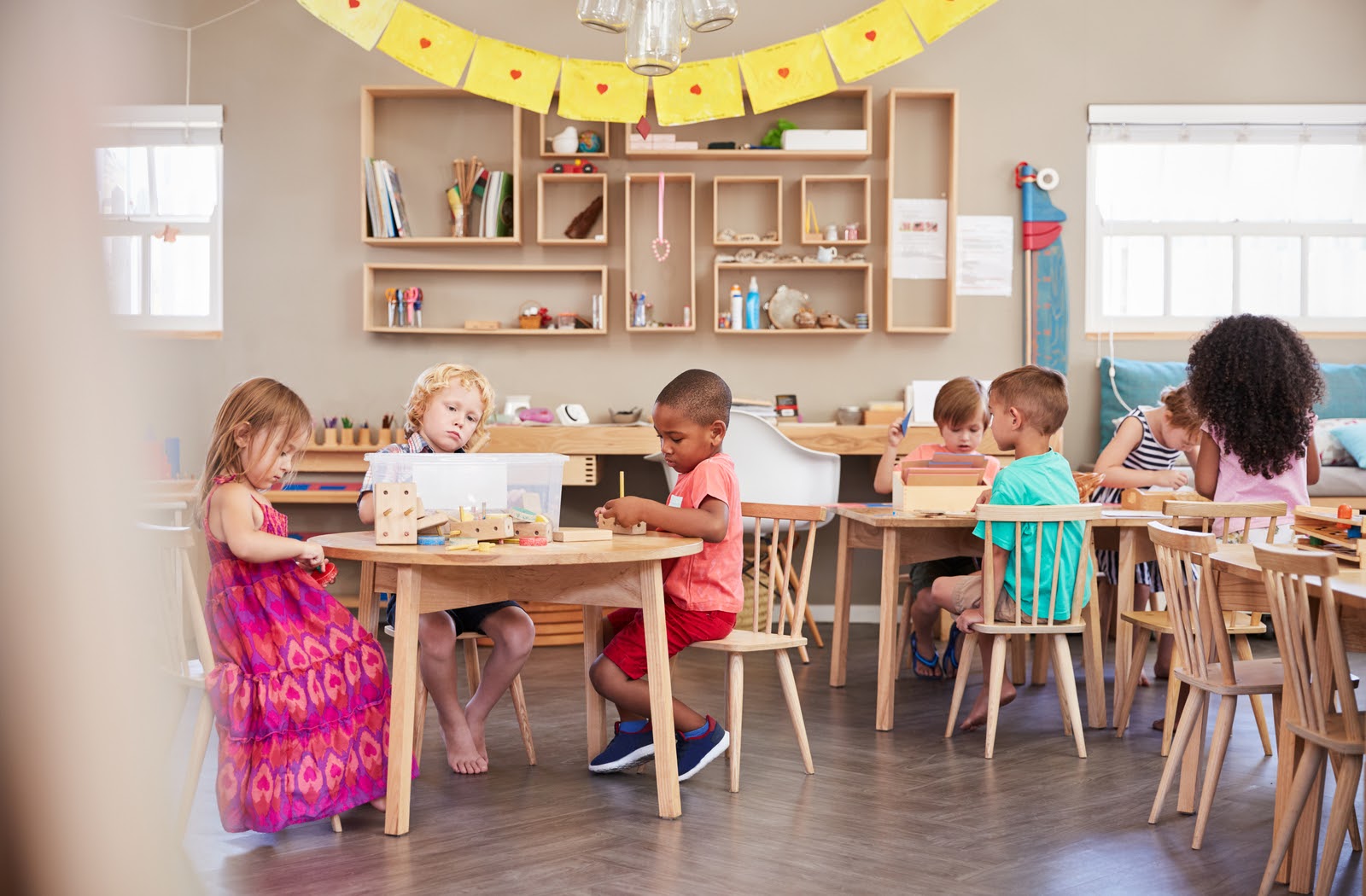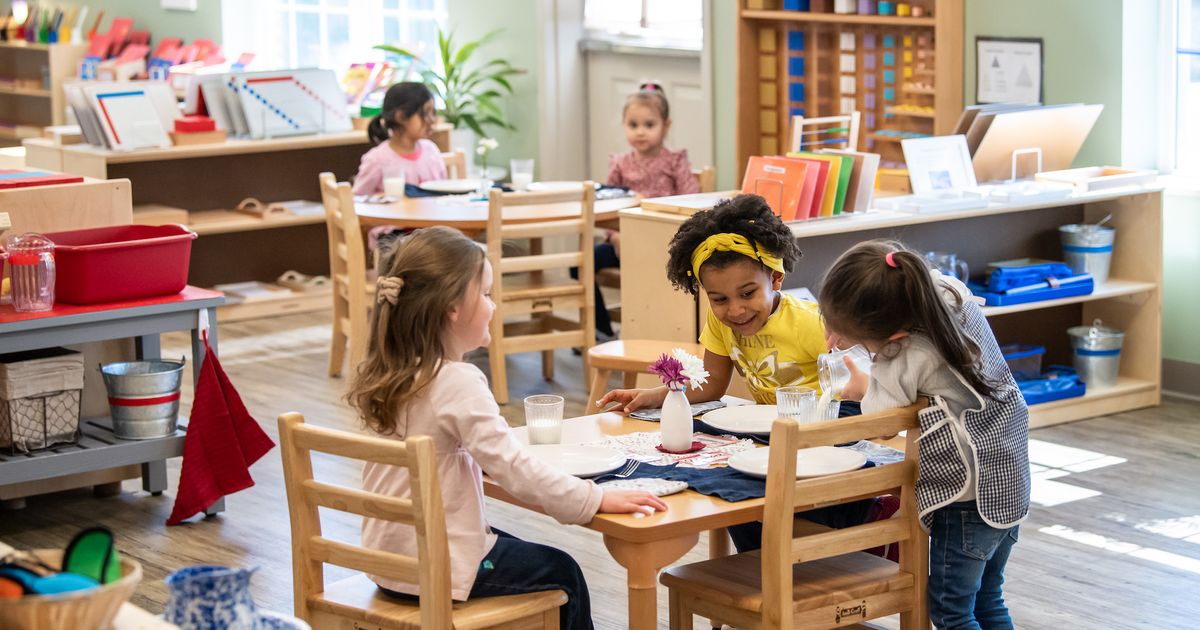Montessori Approach to Religion
Exploring the Montessori Method: How Religion is Nurtured in Children
The Montessori Method is widely implemented in various cultural and socio-economic settings, including individuals, schools, childcare, and aged care centers worldwide. This educational approach can be applied to different educational settings, such as public schools, independent schools, religious schools, preschools, and long daycare centers. Additionally, it has been used in recent years to enable and support people who are aging, living with dementia, or have traumatic brain injury. Both secular and religious care centers utilize this method due to its focus on the individual and recognition of the value of every human being.

The main focus of the Montessori method of education and care is a deep affection for everyone, irrespective of their religion or belief system. Dr. Montessori was raised in the Christian (Catholic) faith and her written works imply the presence of a deity with whom all individuals can form a bond and have a personal connection. As she journeyed across the world, her spiritual expedition led her to explore various humanist ideologies and Eastern religions. However, after dedicating her life to studying human development, she eventually returned to her Christian faith.
Montessori employed a scientific approach to her examination of human growth and her findings resulted in an enhanced comprehension of the individuality of each child and the significance of aiding their progression while acknowledging their distinct traits from infancy to the age of 24. The concept of personhood pertains to the inherent worth of a person. This viewpoint enables the use of the Montessori method throughout the entirety of one’s life, even in old age.
The Montessori approach has been successfully implemented worldwide to assist individuals in exploring and comprehending their spiritual nature and religious practices in their community, from birth to adulthood. This approach is applied in various religious contexts across all continents. Dr. Montessori’s Fundamental Human Needs chart, which is widely used by children attending Montessori schools, proposes that human needs can be classified into two categories: material (such as shelter, food, clothing, transportation, safety/defense, and communication) and spiritual (such as love, spirituality/religion, cultural aspects such as art and music, and adornment). Therefore, Montessori environments devised to support human life should consider these needs as well.

At Montessori schools that are secular, religion is viewed as a cultural and sociological aspect. Children are encouraged to learn about various cultures around the world, which includes exploring different religions. These schools commemorate certain religious holidays, such as Christmas, Hanukah, and Chinese New Year, as cultural events that are marked by family gatherings, happiness, and amazement. For religious and faith-based schools, the Montessori curriculum is expanded to educate children about their particular religious culture. The approach aims to guide the child in discovering their own spiritual truths by creating a specially prepared environment that offers age-appropriate learning materials for practical exploration and cognitive stimulation.
Montessori schools can be privately owned, operated by the government, or affiliated with a religion. Therefore, each school has the autonomy to establish its own guidelines regarding religious teachings, spiritual beliefs, and holiday practices. Irrespective of their faith (be it humanist, Christian, Muslim, Buddhist, Hindu, etc.), the Montessori philosophy fosters and aids children in reaching their maximum potential in all aspects of life – spiritual, intellectual, physical, emotional, and social. As Maria Montessori expressed, “The issue of religious education, which we do not fully appreciate, should be resolved through constructive pedagogy…To invalidate the religious feelings of humanity and withhold education on this matter is a pedagogical miscalculation.” (Maria Montessori, The Montessori Method)
